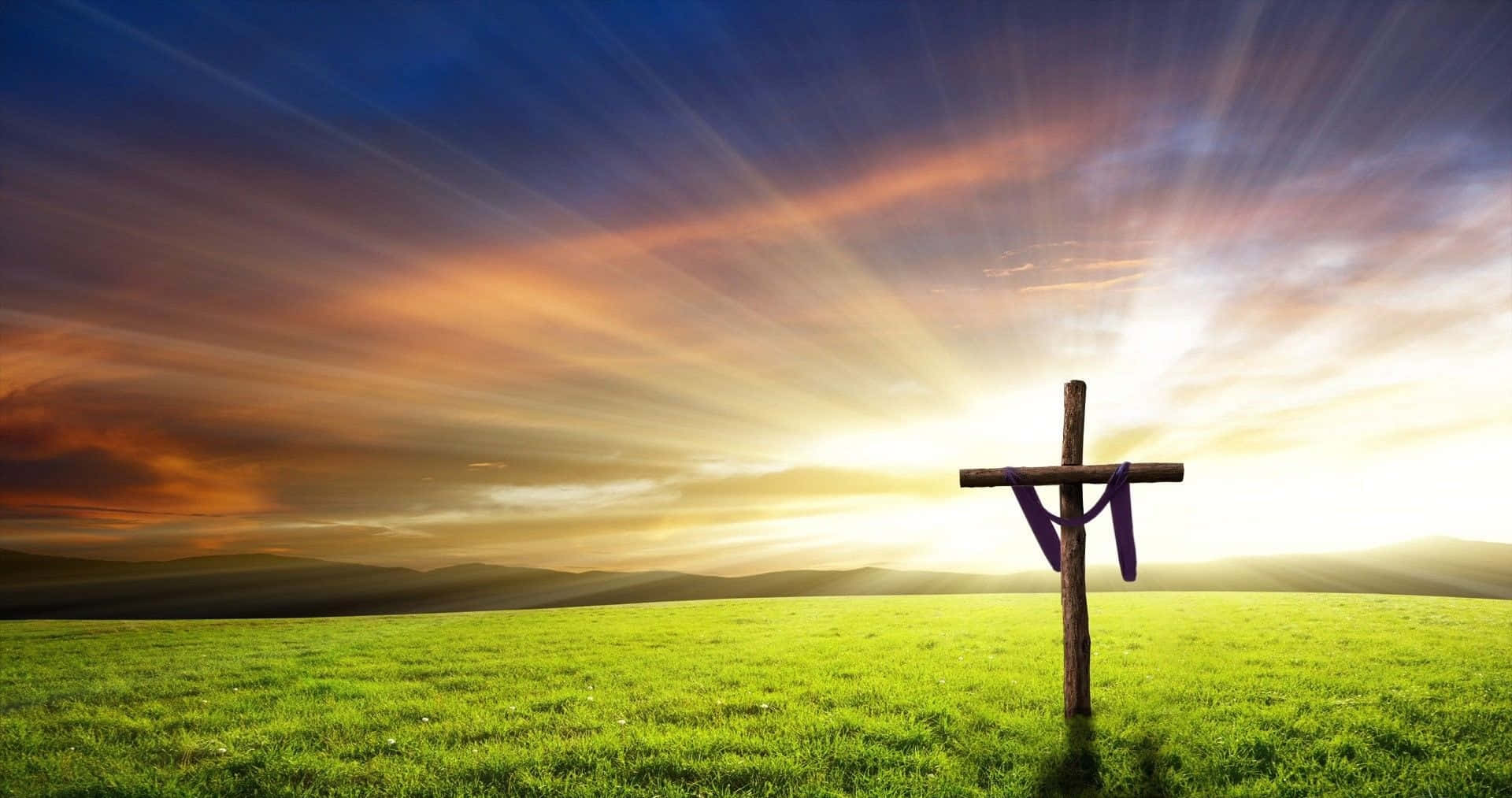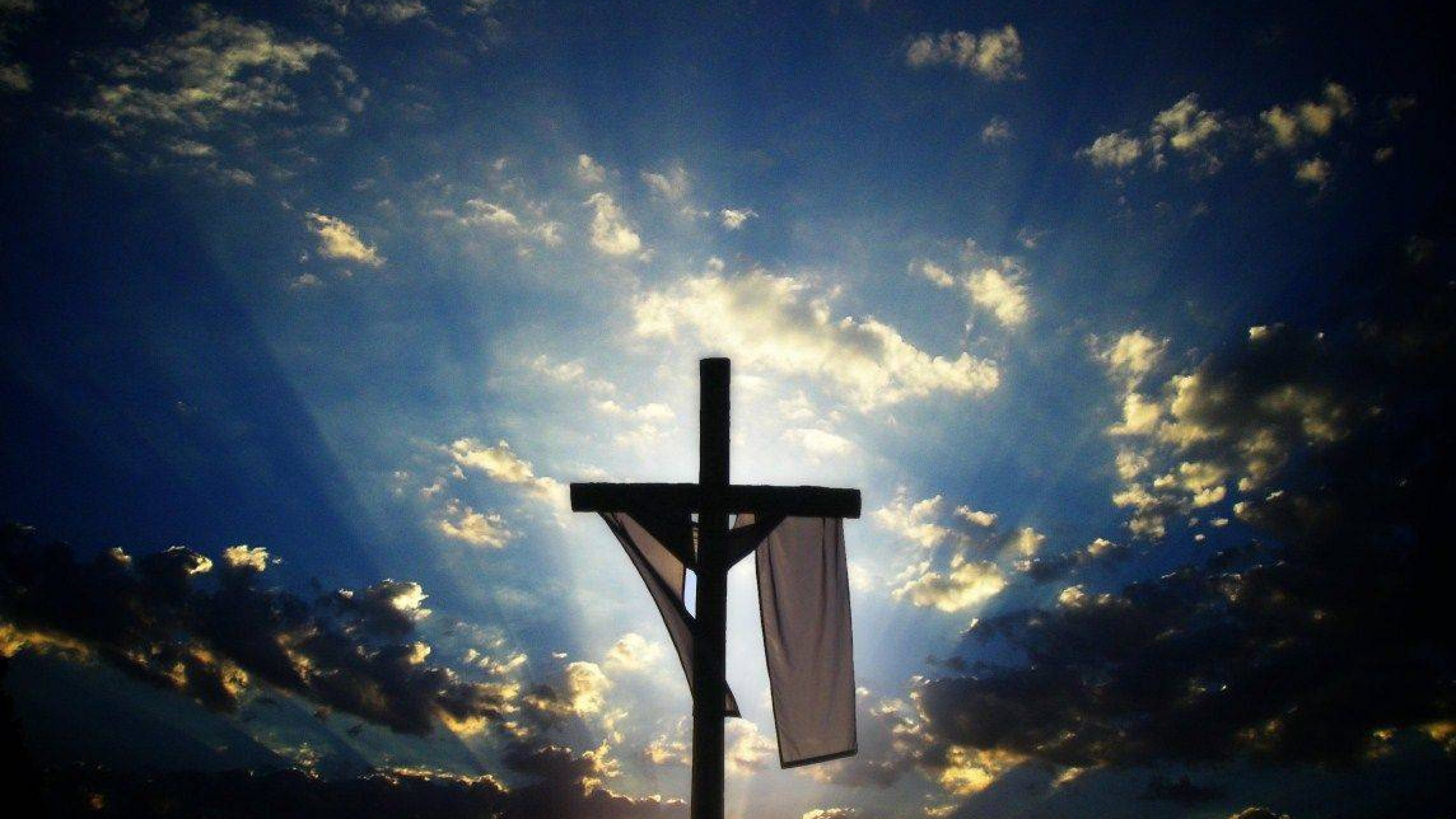What Religious Faith Is Laura Ingraham? Exploring Public Figures And Beliefs
Many people often wonder about the personal beliefs of public figures, and a question that frequently comes up is, "What religious faith is Laura Ingraham?" It's a very common curiosity, isn't it? People are naturally interested in what shapes the views of those they see and hear in the media, and faith can be a pretty big part of that for many. So, understanding the spiritual journey or background of someone like Laura Ingraham helps paint a fuller picture of their public persona, in a way.
The interest in the religious affiliations of prominent individuals, especially those in media or politics, is actually quite widespread. People often look for connections or disconnections between a public figure's stated positions and their personal values, which are sometimes rooted in their faith. It’s almost as if knowing someone's religious leanings offers a bit more insight into their perspective on various issues, you know?
This curiosity isn't just about gossip; it speaks to a broader fascination with how personal beliefs intersect with public life. We’ll explore the common ways people try to figure out the religious faith of public figures, and how organizations like the Pew Research Center help us understand the bigger picture of religion in America. That, is that, we'll look at the general landscape of belief in the United States, which provides a helpful backdrop for thinking about individuals like Laura Ingraham.
Table of Contents
- Laura Ingraham: A Brief Look
- Personal Details and Bio Data
- The Public's Curiosity About Faith
- Understanding the American Religious Landscape
- Pew Research Center: Insights into American Beliefs
- Faith in Public Discourse and Media
- Educational Attainment and Religious Practice
- Faith and Political Affiliation
- How Religious Data Is Collected
- Frequently Asked Questions
Laura Ingraham: A Brief Look
Laura Ingraham is, in some respects, a very well-known figure in American media. She has a significant presence, particularly as a host on Fox News, where she offers commentary on current events and political topics. Her career has spanned various roles, including working as a speechwriter and legal clerk before becoming a prominent voice in conservative media. She's basically known for her strong opinions and direct style, which have earned her a considerable following over the years.
Personal Details and Bio Data
When people ask about a public figure's faith, they're often trying to connect it with their background. Here's a brief look at some general details about Laura Ingraham, though specific religious affiliation isn't always publicly detailed by individuals themselves, you know?
| Detail | Information |
|---|---|
| Full Name | Laura Anne Ingraham |
| Occupation | Television Host, Author, Political Commentator |
| Nationality | American |
| Known For | Host of "The Ingraham Angle" on Fox News |
| Education | Dartmouth College, University of Virginia School of Law |
The Public's Curiosity About Faith
It's interesting, isn't it, how much people care about the religious views of public figures? This curiosity isn't just limited to Laura Ingraham; it extends to politicians, entertainers, and other media personalities. People often feel that a person's faith can shed light on their moral compass, their values, and how they approach big societal questions. So, when someone is as visible as Laura Ingraham, it's pretty natural for folks to wonder about this aspect of her life, too.
This kind of interest also reflects a broader conversation in society about the role of religion in public life. For instance, there are discussions about how faith might influence policy decisions or how it shapes public discourse. You know, some people believe that a public figure's faith should be completely private, while others feel it's relevant to their public role. It's a rather complex topic, really.
The search for information on "What religious faith is Laura Ingraham?" points to a desire for deeper understanding. It's not always about agreement or disagreement, but often about getting a more complete picture of who a person is and what drives them. This desire for connection, or perhaps just clarity, is a very human trait, after all.
Understanding the American Religious Landscape
To really think about the religious faith of any American public figure, it helps to understand the general religious makeup of the United States. The "My text" references extensive data from the Pew Research Center, which has done a lot of work in collecting and analyzing information on the religious beliefs and practices of the American public. This includes understanding the importance of religion in people’s lives, which varies quite a bit across the population, apparently.
The landscape survey from Pew Research Center, for instance, provides a wealth of information. It helps us see the big picture: how many people identify as Christian, Muslim, or as "religious nones" – that is, those who say they have no particular religious affiliation. This data, gathered in stages, gives us a snapshot of religious diversity and trends in the country. It’s a bit like taking a wide-angle photograph of America's spiritual side, if you think about it.
Looking at these broader trends can offer context. For example, the "My text" notes updated global population estimates as of 2015 for Christians, Muslims, religious “nones,” and adherents of other religious groups. While these are global figures, they underscore the extensive work Pew does in mapping religious populations, which then translates into more specific data for countries like the U.S. This general understanding is quite helpful when discussing individual affiliations.
Pew Research Center: Insights into American Beliefs
The Pew Research Center is a pretty important source for understanding religious trends in the U.S. "My text" points out that their aggregated political surveys conducted in 2018 and 2019 provide valuable data about adults. This includes specific figures for Protestant subgroups and Unitarians, which come directly from Pew's research. So, when we talk about what faith someone might be, we're often drawing on these large-scale surveys that categorize people into different religious groups.
These surveys capture a lot about American religious life, including how important religion is to people. It’s not just about what label someone uses, but also how much their faith influences their daily life and decisions. The data collecting and analyzing this trove of information was, apparently, a massive undertaking for the Pew Research Center’s Forum on Religion & Public Life, which has published the results in stages. This thoroughness means we get a rather comprehensive view of the nation's spiritual pulse.
For instance, the "My text" mentions the religious affiliation of members of the 116th Congress. This kind of data shows how religious identity plays out even among political leaders. While this doesn't directly tell us about Laura Ingraham, it certainly shows how religious affiliation is tracked and discussed for public figures, and how it's often seen as a relevant piece of information, in some respects.
Faith in Public Discourse and Media
The discussion around religious faith, especially for media personalities, is often a part of broader public discourse. "My text" brings up an interesting point about a "ช่องธรรมมะ" (a Dharma channel) and whether it's wrong to "เตะคนที่มาเผยแพร่ศาสนาคริสต์" (kick out someone spreading Christianity). This highlights the real-world interactions and sometimes tensions between different faiths, or between religious groups and media platforms.
This kind of situation, where one religious group or platform interacts with another, shows that discussions about faith aren't always just academic; they can be quite practical and even controversial. It raises questions about tolerance, the nature of religious expression, and what is considered appropriate behavior for a "พุทธแท้" (true Buddhist) channel. This dynamic is, in a way, part of the fabric of religious life and public discussion, very much so.
When public figures like Laura Ingraham are involved in media, their personal beliefs, including their faith, can sometimes become part of this larger conversation. While they might not directly comment on such specific inter-faith incidents, their general stance or perceived religious background can influence how their audience interprets their views. It’s a rather subtle but powerful aspect of public communication, really.
Educational Attainment and Religious Practice
An interesting point that "My text" touches on is the idea that highly educated people are, on average, less religious than those with less education. This concept has been around in public discussion for decades. However, "My text" also notes that some scholars of religion actually dispute this claim, suggesting it might not be as straightforward as it seems. This nuance is quite important when considering any individual, including public figures.
This discussion about education and religiosity adds another layer to understanding how people perceive faith. It means that simply knowing someone's educational background doesn't automatically tell you about their religious commitment. There's more to it than just that, you know? It's a complex relationship that

20 Incomparable religious art desktop wallpaper You Can Save It free

Cross Sunrise Wallpaper

Religious Easter Backgrounds ·① WallpaperTag